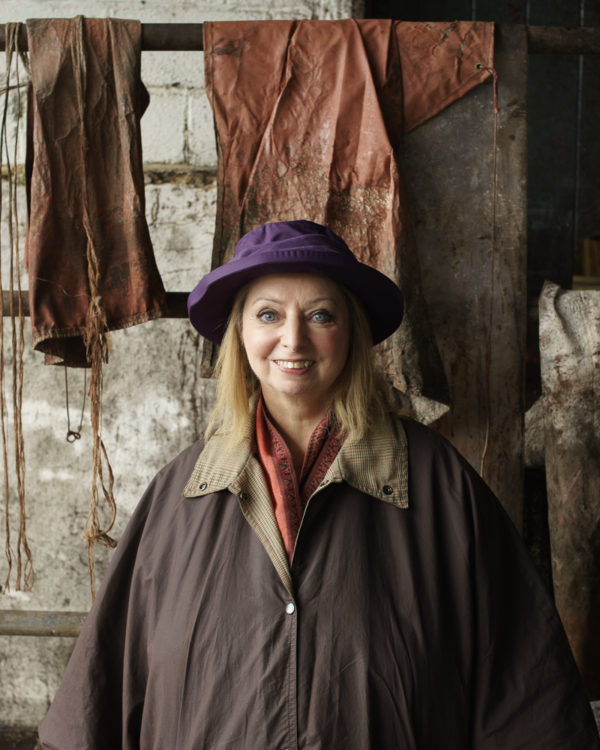Ask the author – Hilary Mantel
3rd June, 2021
In the third in our series of shortlist Q&As, Hilary Mantel answers some questions about her 2021-shortlisted novel The Mirror and the Light. You can read her answers below or watch her video interview with us here.
Q: How do you feel about being shortlisted for the Walter Scott Prize for Historical Fiction?
Very pleased, because this is the last book of a trilogy, and the two previous books were shortlisted: the first one. Wolf Hall, won the prize. So there’s a satisfying sense of completion. And it’s an honour to be shortlisted for a prize that has done so much to raise the profile of fiction set in the past – and which has shown off the range and variety of historical fiction.
Q: Do you think stories about the past can help us to deal with the present and think about the future?
I don’t believe that history repeats itself – the circumstances, the people, are always different, so in a narrow sense, we can’t and don’t learn from history – forcing parallels between then and now is an unpleasant habit of journalists, and it’s misleading. But I think that all stories help us develop empathy, which enlarges our understanding. When we try to put ourselves in the place of the men and women of the past, we learn to respect them. We’re not passive in the process: we question their values and choices. But we understand them in the context of their times. We see and feel their world, and we understand that they existed in their own right, that they were as real as us – they were not born just so we could learn lessons from them. Historical fiction tries to lift them off the page and quicken them into life. It teaches us that the past could always have been otherwise, and so the present could be different too.
Q: What has your experience of the pandemic been and has your writing been affected?
The Mirror & the Light was published days before the first lockdown, so I had the joyful experience of one public event. After that, with an international programme of events called off, I was working with my publisher to find ways of making contact with readers by alternative means. I have been busy – just not in the way I expected. In October 2020 we brought out my book of essays, Mantel Pieces. And together with the actor Ben Miles, who will play Thomas Cromwell, I have made the stage version of The Mirror & the Light. If all goes well, we will bring it to audiences later this year.
Q: The 250th anniversary of Sir Walter Scott’s birth this year will celebrate his massive contribution to cultural life as a novelist, poet, playwright, designer, lawyer, historian and inventor of the historical novel. Does Scott mean anything to you, and do you see yourself continuing his storytelling tradition in any way?
I find myself thinking a lot about when a novel becomes ‘historical.’ With his alternative title for Waverley, ‘Tis 60 Years Since,’ WS gave a useful working definition for what historical fiction is. Now our lifespans have lengthened, we should maybe rethink? I suppose the object is to push the narrative beyond mortal memory, so that it’s not documentary, and truly becomes an imaginative exercise. (But probably this is just because I’m getting old, and I have trouble regarding the 1950s, which I remember so well, as a historical era.)
WS’s great achievement was to build a whole world for his readers to step into: rich and textured and deep-rooted in their own dreams. We can all aspire to that – though we accept that we can’t all be such a force as WS in commanding the heights of national mythology. The version of romantic Scotland he created and sold to the world is still lingering in the mists. It’s hard to think of any parallel to his achievement.
Q: The Walter Scott Prize has a younger sibling, the Young Walter Scott Prize, which is a creative writing prize for young people (11-19 years). If you were asked for one tip to help young writers start writing fiction set in the past (before they were born), what would it be?
Remember facts are never the whole story. Research is not just about names and dates – it’s about imaginative, sensory closeness to the past. So you begin as you would with any fiction – by forming yourself into a writer. That means paying attention to the world, and being open to experience. For your chosen period, you become a magpie. As you are reading, watching, listening, you pick up anything that glitters. Don’t ask, how does this fit in my story? Just take it home to your nest. Sooner or later, you’ll see why it attracted you.

